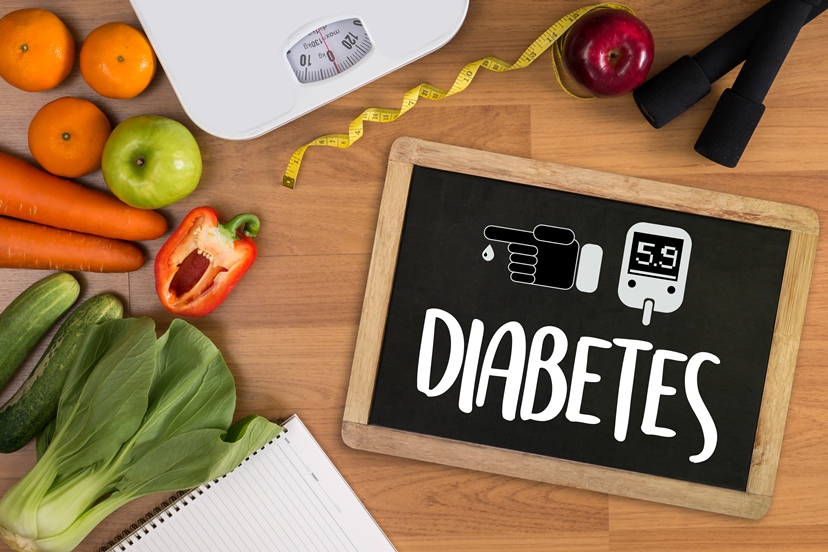onestop@phyathai.com
 @pt2_inter
@pt2_inter
 Phyathai 2 Cambodia
Phyathai 2 Cambodia
 PT2Chinese
PT2Chinese
 phyathai2inter
phyathai2inter
Phyathai Call Center 1772, +662-617-2444 ext.3143, 3164

Diabetes is referred to high blood glucose levels occurring as a result of the pancreas that is unable to produce enough insulin. The function of insulin is to help glucose get into the cells of our bodies and make energy. When the body does not produce insulin or the production of insulin is inadequate, glucose will increase in your blood.Diabetes can affect your quality of life and can cause serious health complications including heart disease, blindness, kidney failure, and lower-extremity amputations.
What are types of Diabetes?
Type 1 Diabetes, also known as juvenile diabetes or insulin-dependent diabetes, happens when the pancreas doesn'st produce any insulin causing glucose to rise higher than normal.
Type 2 Diabetes is the most common type of diabetes. It occurs when the body doesn'st produce enough insulin to function properly, or the body’s cells do not response to insulin effectively.
Gestational diabetes (in pregnancy) develops for the first time during pregnancy. The placenta makes hormones that can lead to too much glucose in your blood and your body cannot produce enough insulin to control it.
What are the common symptoms of diabetes?
- Intense Thirst and Hunger
- Frequent urination especially at night
- Unusual weigh loss
- Fatigue
- Blurred Vision
- Headaches
- Dry mount and itchy skin
How is diabetes diagnosed?
A different blood test can be used to determine sign of diabetes which includes as following:
HbA1C– it is the test that will show your blood glucose over the past 2 or 3 months.
Fasting plasma glucose: it is the blood test of sugar on an empty stomach after several hours of fasting.
Oral glucose tolerance test (OGTT): Blood glucose is checked before and 2 hours after drinking a sweet drink to see how the body handles the sugar.
How is diabetes treated?
The goal of diabetes treatment is to keep glucose to be as normal as much as possible and reduce relevant complications that might occur to the patients. For treatment of type 1 diabetes which the body is lack of insulin production, treatment will include daily insulin injection, planned physical activity, calculated diet and home blood glucose testing. The treatment for type 2 diabetes also requires good diet control and exercise but mostly involve oral medication rather than insulin injection.
For patients who have diabetes, eating a healthy diet, exercising and losing some pounds if you are obese are significant but these should be done together with checking your blood sugar, taking diabetes medicines and visiting medical professional regularly in order to best manage and control the diseases.